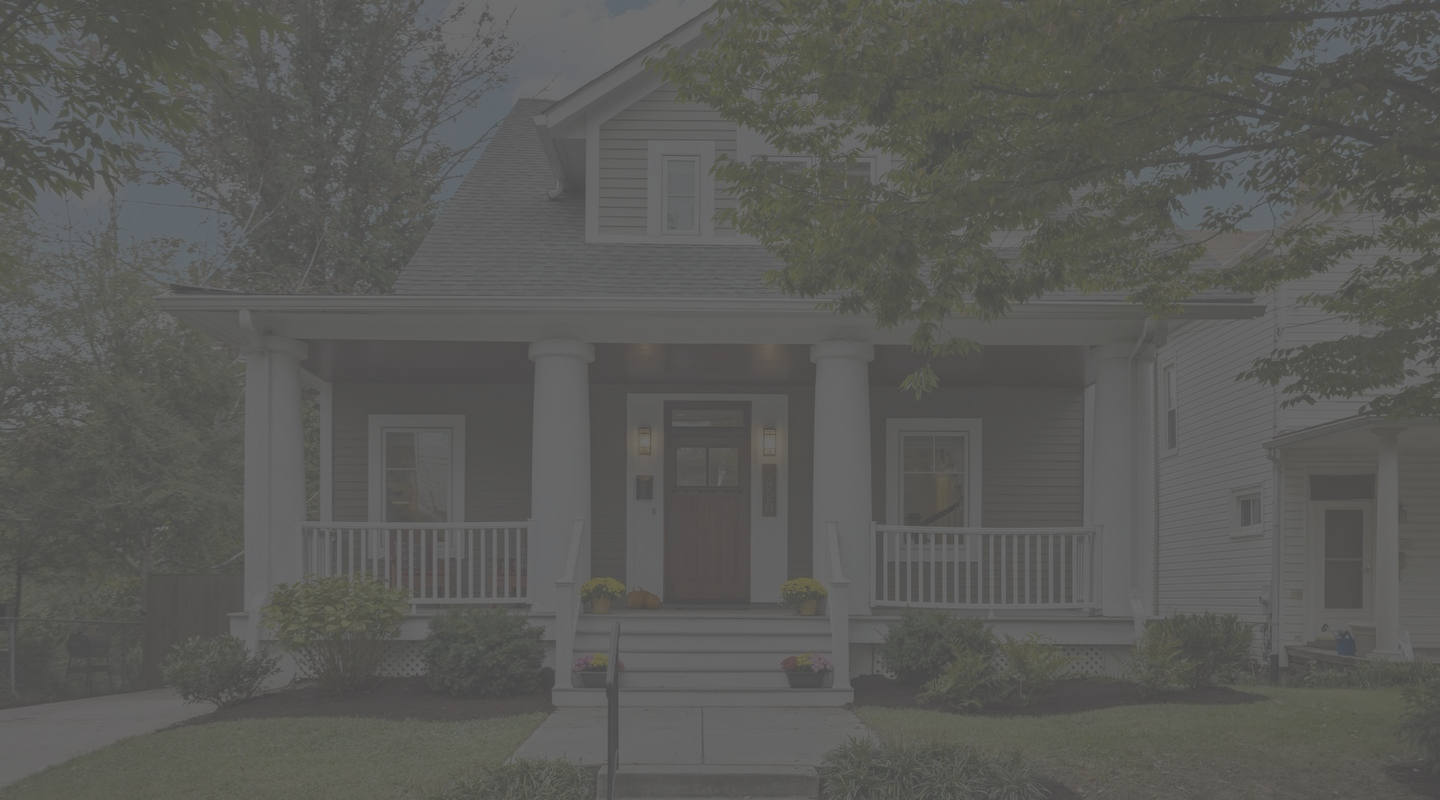In the realm of financial decisions, a reverse mortgage may seem like an appealing option, but are reverse mortgages bad in the long run? Let’s delve into the intricate world of reverse mortgages, exploring the potential pitfalls and understanding why caution should be exercised.
Introduction
Reverse mortgages have garnered attention, promising financial relief for homeowners, especially seniors. However, beneath the surface, these financial instruments carry significant risks that should not be overlooked. This blog post aims to shed light on the downsides of reverse mortgages, emphasizing the importance of informed decision-making.
Why Are Reverse Mortgages Bad? Unveiling the Risks
Reason #1: Reverse Mortgages Are Costly
One of the primary reasons why reverse mortgages are often deemed unfavorable is their substantial cost. High-interest rates, coupled with expensive closing costs and lender fees, make reverse mortgages a pricey choice. Homeowners need to be aware of the financial burden associated with these loans, hindering access to better financing options.
High Interest Rates
High-interest rates stand out as a significant drawback of reverse mortgages. These loans typically come with above-average interest rates, adding an extra layer of expense for homeowners. The compounded cost may pose challenges, especially for those heavily relying on reverse mortgages for financial stability.
Expensive Closing Costs
Closing costs, encompassing fees from lenders and third parties, contribute significantly to the overall expense of reverse mortgages. Thorough research is essential to comprehend the financial obligations tied to securing a reverse mortgage, as different lenders may have varying setup charges.
Lender Fees
Lender fees add another layer of cost for homeowners opting for reverse mortgages. These fees, which can range from $2,000 to $10,000, vary between lenders. Prospective borrowers should meticulously research lenders to identify the most suitable option that aligns with their needs and offers the lowest fees.
Reason #2: You Could Lose Your Home
The prospect of losing one’s home is a stark reality associated with reverse mortgages. Delinquent payments on tax or insurance obligations can lead to foreclosure, putting the home at risk of being possessed by the lender. Failing to keep up with financial requirements poses severe consequences for homeowners, making this risk a critical consideration.
Failure to Keep Up With Tax & Insurance Payments
Falling behind on tax and homeowner insurance payments is a substantial risk linked to reverse mortgages. Homeowners must maintain these payments to keep the loan active. Failure to do so can lead to foreclosure or eviction, with missed payments impacting eligibility for other financial assistance programs.
Unable to Make Up Shortfall in Loan Balance
In a worst-case scenario, homeowners may find themselves unable to cover the shortfall in the reverse mortgage loan balance. High-interest rates and expensive closing costs can create financial hardships, further exacerbated by the inability to regain equilibrium in the loan balance. This situation puts the home at risk and can lead to significant financial distress.
Reason #3: You May Not Be Eligible for Other Financial Assistance
The stringent income and credit requirements for reverse mortgages can limit eligibility for other forms of financial assistance. This includes government grant programs or home equity loans, creating additional hurdles for seniors seeking financial support.
Income & Credit Requirements for Reverse Mortgages
Borrowers must meet specific income and credit requirements when obtaining a reverse mortgage. Retired individuals or those on social security may face challenges if their bank accounts don’t demonstrate sufficient funds. Additionally, a good credit history, free of major delinquencies or recent bankruptcies, is typically a prerequisite.
Limitations on Other Financial Assistance
Reverse mortgage borrowers may find themselves ineligible for other financial assistance due to the restrictions imposed by these loans. The limitations set by participating banks and third-party lenders can further hinder access to additional funds, making it crucial for individuals to carefully consider the stipulations of reverse mortgages.
Conclusion: Navigating Reverse Mortgages with Caution
In the quest for financial stability, reverse mortgages may seem like a tempting avenue. However, the risks associated with high costs, the potential loss of one’s home, and limitations on other financial assistance underscore the need for caution. Before embarking on a reverse mortgage journey, homeowners should thoroughly understand the intricacies, weigh the risks against the benefits, and explore alternative financial solutions.
Contact The Property Guys for a Smarter Approach to Selling Your Home
Considering selling your home without the complications of a reverse mortgage? Contact The Property Guys at 703-679-8238 or visit thepropertyguysdc.com. We purchase houses as-is, with cash, eliminating worries about home inspection contingencies, appraisal contingencies, or finance contingencies. With a quick settlement in as little as 7 days, you won’t have to fret about repairs or cleaning—take what you want, leave what you don’t. Trust The Property Guys for a hassle-free home-selling experience.

